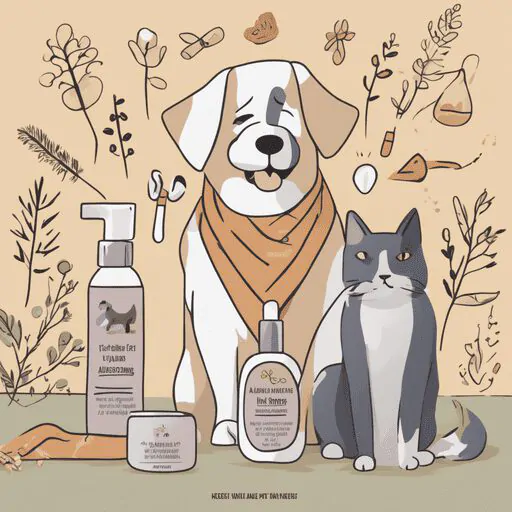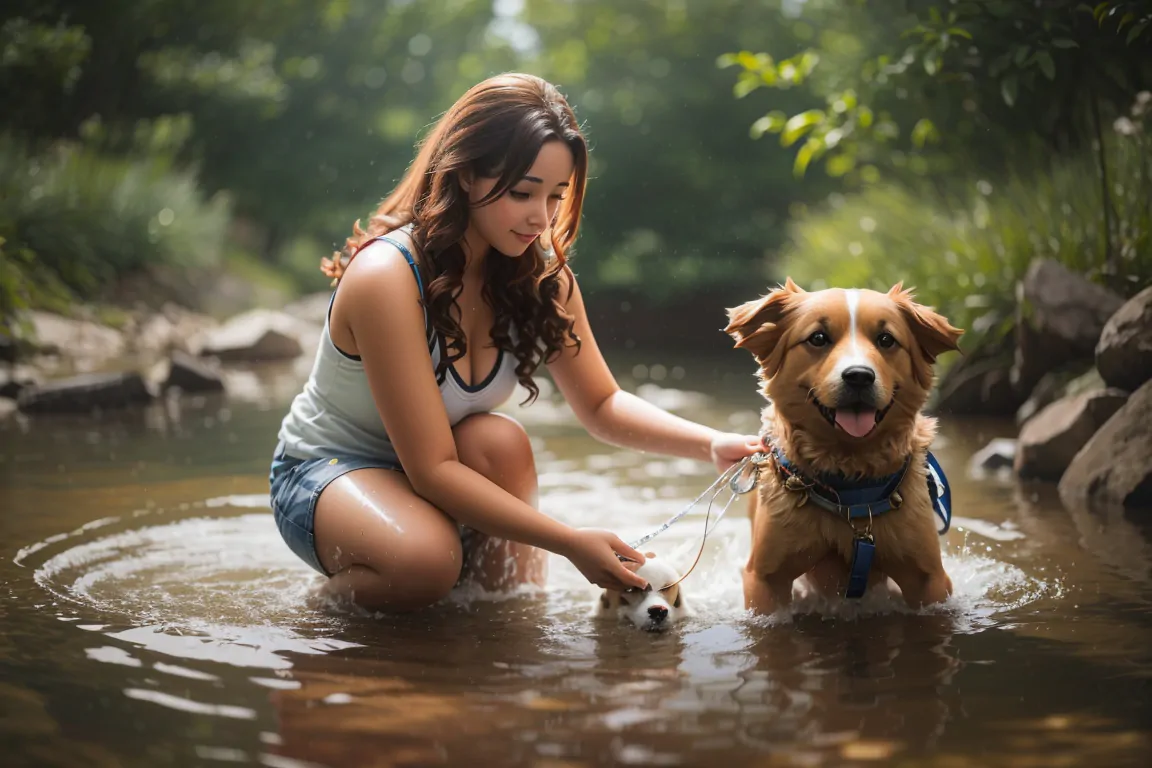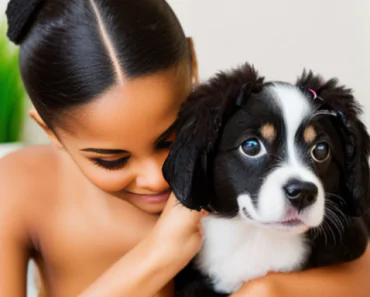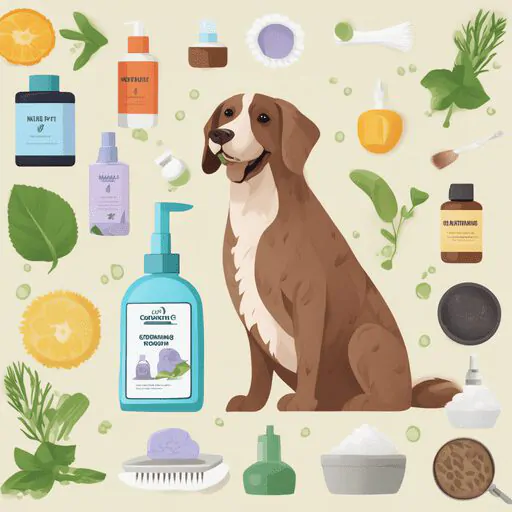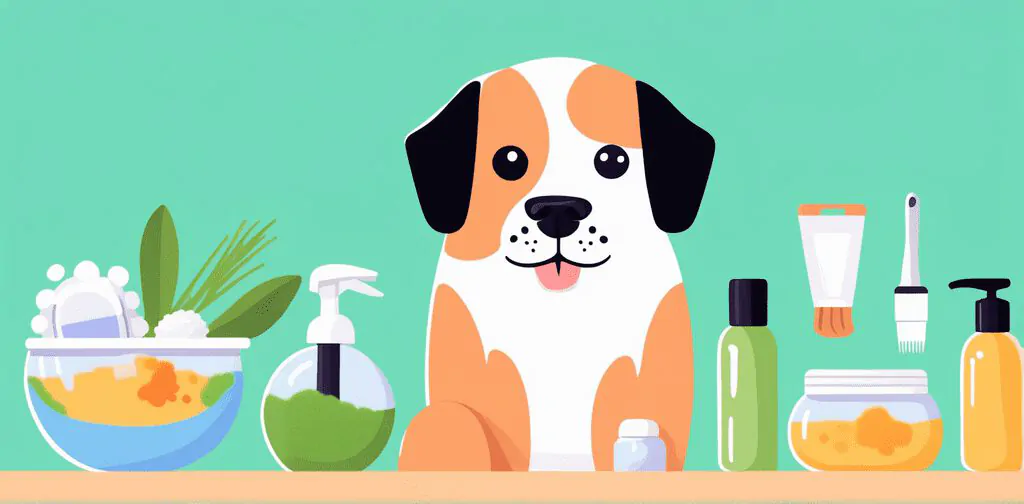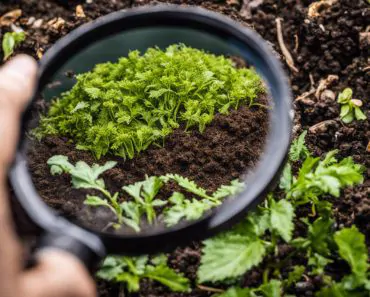Table of Contents
As our beloved pets transition into their golden years, their needs inherently change, and so do their grooming requirements. A significant part of ensuring their wellbeing involves understanding these unique needs and adapting accordingly. Age-related conditions like arthritis and skin sensitivity can impose considerable challenges, reinforcing the need for a gentle, natural grooming routine. Incorporating natural grooming products and techniques into their care routine can alleviate these difficulties and significantly improve their quality of life. This in-depth exploration will enlighten readers on recognizing the specific grooming needs of senior pets, selecting suitable natural grooming products, implementing a stress-free grooming routine, and collaborating with a vet for personalized advice.
Understanding the Specific Needs of Senior Pets
The Unique Needs of Aging Pets
As pets age, their physical and medical needs undergo significant changes. Just like humans, senior pets experience a gradual reduction in their physical abilities, along with the onset of age-related health conditions such as arthritis, dental disease, kidney failure, and reduced skin elasticity. These changes result in a new set of challenges when it comes to pet grooming. Senior pets may have difficulty standing for extended periods, increasing skin sensitivity, and are at a higher risk of injury due to their brittle skin and reduced mobility.
Changes in Grooming Needs
With age, the coat of pets can become thin, brittle, or patchy, increasing the need for meticulous grooming. Regular brushing is essential to keep the coat healthy and to stimulate skin circulation, which can help to mitigate some of the impacts of aging. Trimming nails, often a challenging task with senior pets, becomes critical since decreased activity levels can lead to faster nail growth. Dental health also becomes paramount as many older animals suffer from dental diseases, requiring daily tooth brushing.
The Benefits of Natural Grooming
Adopting a natural grooming routine for senior pets can have numerous benefits. Firstly, natural grooming products are generally gentler and less likely to irritate aging, sensitive skin. Many natural products also contain ingredients that can nourish the skin and coat, promoting healthier skin and reducing issues like dryness and itchiness. Check this article to find more!
Dealing With Age-Related Conditions in Natural Pet Grooming
Arthritis is a common condition in senior pets and can severely impact the ease and comfort of grooming routines. A pet suffering from this condition might find it uncomfortable or painful to stand for the duration of a grooming session. Therefore, ensuring that your pet is comfortable during grooming, perhaps by providing a padded surface to lay on, can make a significant difference.
Skin sensitivity, another common issue in older pets, also requires a careful approach to grooming. Using natural, hypoallergenic grooming products can help to soothe and protect sensitive skin. Additionally, regular but gentle brushing can help to mitigate discomfort and prevent the formation of mats and knots that pull on the skin.
In Conclusion
Senior pets have unique needs which must be understood and catered for when developing a grooming routine. Utilizing a gentle, natural grooming approach can ensure that we not only maintain their overall comfort but also protect their health as they progress into their golden years.

Assessing Suitable Natural Grooming Products
The Importance of Natural Pet Grooming Products for Elderly Pets
As pets age, they become more susceptible to skin and fur related problems like dryness, itching and diminishing capacity to naturally preserve skin and fur health due to lower hormone interference. On top of this, a diminished immune system leaves them more vulnerable to various skin diseases. Given these challenges, natural grooming products free of harsh chemicals or synthetic fragrances are becoming the preferred choice for pet owners seeking to provide the best care for their aging companions.
Types of Natural Grooming Products and Their Ingredients
Typically, the types of natural grooming products you will find include shampoos, conditioners, ear cleaners, grooming wipes, toothpastes, and topical salves or creams. Some natural ingredients often found in these products are aloe vera, oatmeal, chamomile, lavender, tea tree oil, peppermint, coconut oil, and almond oil.
For instance, aloe vera is known for its healing and soothing properties, making it perfect for pets with skin irritations or allergies. Oatmeal helps to moisturize and soothe itchy skin, while tea tree oil is often included in products for its antifungal, antiviral, and antibacterial benefits. Coconut oil, rich in fatty acids, promotes shiny coats and healthy skin.
Identifying Suitable Balms and Creams
As pets age, their paw pads can become rough and cracked, and their noses may also lose moisture. Natural paw balms and nose creams with ingredients such as coconut oil and shea butter can soothe and repair these areas. Such balms and creams can act as a barrier preventing further damage while promoting healing and comfort.
Search for salves and creams that contain natural anti-inflammatories, such as chamomile and calendula, to support healing of inflamed skin or open sores. Antimicrobial ingredients like honey and tea tree oil may also benefit pets with minor fungal or bacterial skin infections.
Selecting Efficient Natural Dental Care Products
Senior pets are vulnerable to periodontal disease and bad breath which can be managed with proper dental hygiene. Natural dental care products like toothpaste made with extracts of neem or aloe vera can help maintain oral health while avoiding harsh chemicals. These toothpastes can combat bad breath, plaque, and tartar, promoting overall dental health.
Navigating Label Claims and Selecting Certified Natural Products
When investing in natural grooming products for your senior pets, it’s key to ensure their validity. Since the term “natural” is not strictly regulated on labels, it could occasionally be deceptive. Look for ingredients that are genuinely natural and stay clear of products containing synthetic additives, false colors or fragrances, and harmful substances like parabens, phthalates, and sulfates. Certified products by independent authorities such as the Environmental Working Group (EWG) or Leaping Bunny are usually truly natural. Check this article on how to select products.
Before using any new product, it’s wise to conduct a spot test on a small portion of your pet’s skin to detect any negative reactions. Should your pet be suffering from any persistent health conditions or if you are in doubt about which products are appropriate, always consult your vet. Natural grooming products can offer tremendous comfort and health advantages to your senior pet, promoting their wellbeing throughout their golden years.

Implementing a Natural Grooming Routine
Setting Up a Regular Grooming Regimen for Elderly Pets
Establishing a regular grooming routine for your senior pets is crucial for their holistic health and wellbeing. Unlike their younger counterparts, older pets require more frequent grooming owing to transformations in their skin, fur, nails, and teeth with age. Generally, aim to schedule grooming sessions at least once a week, each lasting approximately 15 to 30 minutes. For pets with curly or long hair, daily grooming might be beneficial.
Using Natural Products in Your Pet’s Grooming Routine
When establishing a grooming routine for your senior pet, it is crucial to use natural products wherever possible to avoid harsh chemicals that can further irritate their already sensitive skin. Look for gentle, hypoallergenic shampoos and conditioners that are free from parabens, sulfates, dyes, and fragrances. Natural ingredients such as aloe vera, chamomile, and oatmeal can help soothe itching and inflammation while promoting a healthy and shiny coat.
Bathing and Brushing: Key Components of a Natural Grooming Routine
In the realm of natural grooming, bathing and brushing are two core practices that should be regularly executed. Ideally, senior pets should be bathed every 4 to 6 weeks using a mild, natural shampoo. However, for seniors with skin conditions, you may need to adjust this frequency to suit their needs.
Brushing your pet’s coat not only removes tangles and loose hair, but it also stimulates blood circulation, improving skin health and promoting a bright and shiny coat. For seniors with shorter fur, a soft-bristle brush can be used, while those with longer fur may require a slicker brush or dematting tool.
Ensuring Nail Care
Regular nail trims are another essential part of a senior pet’s grooming routine. Overgrown nails can cause discomfort and may lead to mobility issues. Ideally, nails should be trimmed every 3 to 4 weeks, using a specially designed pet nail clipper. However, if you’re uncomfortable doing this task yourself, you can always seek professional assistance.
Creating a Stress-Free Grooming Experience
While grooming is necessary, the process can sometimes impose stress on senior pets. Hence, creating a relaxed, positive, and comfortable environment during these sessions should be a priority. Incorporating calming aids such as soft music, warm towels, pet massages, and natural calming supplements can typically make the grooming process less stressful.
Moreover, it’s essential to remember that patience is a pillar when it comes to grooming senior pets. Try not to rush the process and take frequent breaks if your pet seems agitated, stressed, or tired.
Maintaining Oral Hygiene
Finally, oral care should not be neglected in a senior pet’s grooming schedule. Like in humans, oral health in pets can impact their overall health. Regular brushing with a pet-friendly toothpaste and toothbrush can help prevent dental diseases in senior pets. Dental chews can also be beneficial to help clean their teeth between brushing.
In their twilight years, pets require thorough grooming as an essential aspect of maintaining health and comfort. The use of natural products coupled with diligent attention to bathing, brushing, nail trimming, and oral care can help pets navigate through their later life stages with grace and ease.

Consulting with a Vet for Personalized Grooming Advice
When it Comes to Senior Pet Care, Consultation with a Veterinarian is Crucial
It’s important to note that personalized grooming that caters to your senior pet’s unique needs necessitates consultation with a licensed veterinarian. As pets age, their health status and physical conditions can significantly change, thereby altering their grooming needs. Let’s not forget, old age in pets often ushers in chronic conditions such as arthritis, dental issues, skin challenges, and deteriorated sight and hearing. These are all factors that should guide how you groom your older pet.
Essential Questions To Ask Your Vet
When you consult with your vet, make sure you ask pertinent questions regarding your pet’s current health status and how it might impact their grooming needs. These questions might include:
- Given my pet’s age and health, what grooming practices should I prioritize?
- Are there any specific grooming tools or products that would be beneficial for my pet?
- How can I groom my pet in a way that is comfortable for them, considering any physical ailments like arthritis or skin sensitivity?
- How often should my pet be groomed and bathed?
Vets can provide valuable insights because of their comprehensive understanding of the unique characteristics and needs of senior pets. These insights can guide you in creating a grooming routine specific to your pet’s needs.
Recognizing Signs That Call For Professional Help
Owners should be vigilant in observing any behavioral or physical changes in their senior pets that may indicate grooming-related difficulties. Should any of the following signs become apparent, it could indicate a need for professional grooming assistance:
- If your pet appears to be uncomfortable or in pain during regular grooming.
- Notable skin changes (dryness, color changes, harsh texture) that weren’t present before.
- Your senior pet becomes overly anxious or stressed during the usual grooming routines.
- The presence of fleas, ticks, or other parasites in their fur.
Incorporating A Vet’s Advice Into Your Pet’s Grooming Routine
After consulting with the vet, it’s advisable to incorporate their suggestions into your pet’s regular grooming routine. This might mean using specific types of brushes or grooming tools, investing in natural pet grooming products that are gentle on the skin, or adjusting the frequency or time of your pet’s grooming sessions to increase comfort and lessen stress.
Close communication with your vet is beneficial; they can provide you with up-to-date information about natural grooming products and techniques suitable for senior pets. They might recommend hypoallergenic shampoos, alternative flea and tick treatments, or special toothbrushes for pets with dental issues. These vet-suggested implements can greatly simplify your pet’s grooming routine while ensuring their comfort and health in their golden years.
Frequent vet check-ups, along with a tailored grooming routine, can make a significant difference in the quality of life for your senior pet. Your pet’s golden years should be enjoyable and comfortable, and regular, customised grooming routines can contribute to that. One must remember though; natural pet grooming is just a part of overall senior pet care.

As your pet ages, tailoring their care to accommodate their changing needs becomes invaluable. By gaining an understanding of these changes, adopting the use of natural grooming products, and maintaining a reliable grooming routine, you can ensure your elderly pet remains comfortable, healthy, and well-groomed. Just as crucial is the role of a competent veterinarian who can provide personalized grooming advice based on your pet’s specific needs and conditions. Remember, a well-groomed pet is typically a happy, healthy pet. Hence, incorporate these guidelines and play your part in making your pet’s golden years truly golden.

